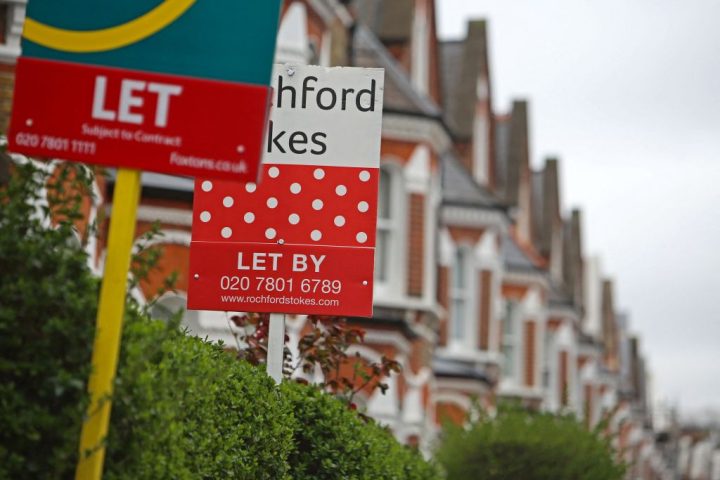Why is housing still so expensive in Britain? Conservative MP and former levelling-up minister Neil O’Brien has produced a set of statistics which draws attention to the role of migration in the high cost of housing. Across England as a whole he says, 7.4 per cent of the population is made up of people who have arrived in the country since 2011. Over the same period, the housing stock has risen by 8.5 per cent. In London, 16.6 per cent of people have arrived since 2011, yet the housing stock has increased by only 10.7 per cent. No wonder, he points out, that 38 per cent of households in Britain are having to shell out more than 40 per cent of their disposable income on housing (mortgage or rent).
There is a flaw in O’Brien’s analysis. He only seems to be counting the people who have arrived in London. There is another side of the ledger: people who were living in England or London in 2011 but who are no longer living here. It is net migration, rather than just immigration, which matters to population growth and so to housing demand.
If we are going to have net migration of over 700,000 a year we do not have the housing stock to cope
Nevertheless, it is becoming increasingly difficult to argue, as some still do, that there is little connection between high levels of net migration (over 700,000 last year alone) and high housing costs. Reacting to O’Brien’s figures, Ben Ansell, the extravagantly-titled Professor of Comparative Democratic Institutions at Oxford University, told the Times that migration was ‘low down’ on the list of reasons why housing is expensive in London. Rather he pointed to years of low interest rates and a fashion for buy-to-let.
That might explain high inflation in the purchase prices of homes, but it can’t explain high inflation in rents. According to the estate agent Savills, average rents in London are up by 31 per cent in two years – far more, indeed, than London property values. People don’t tend to borrow money to pay their rent (or at least you would hope people are not doing this long-term), nor are they driven to rent by the thought of making capital gains because they are not going to share in the rise in the capital values of their homes. Rents rise for very straightforward reason: a shortage of property. Net migration has to be a huge part of that story, especially as Britain’s fertility rate is well below replacement level and life expectancy is no longer growing at the rate it was, meaning there is little natural growth in the population.
There are a lot of people who cannot bring themselves ever to admit that migration has its downsides. They will always react against any evidence which suggest that it does. Migration can also have its positive sides too, of course. But one thing seems obvious. If we are going to have net migration of over 700,000 a year we do not have the housing stock to cope with this – nor will the current rate of house-building even nearly put that right in the near future. Unless the government finds some way to provide huge numbers of homes quickly, say by developing estates of cheap modular homes, the inevitable result of continued high rates of migration will be yet more pain for renters and frustrated home-buyers.







Comments